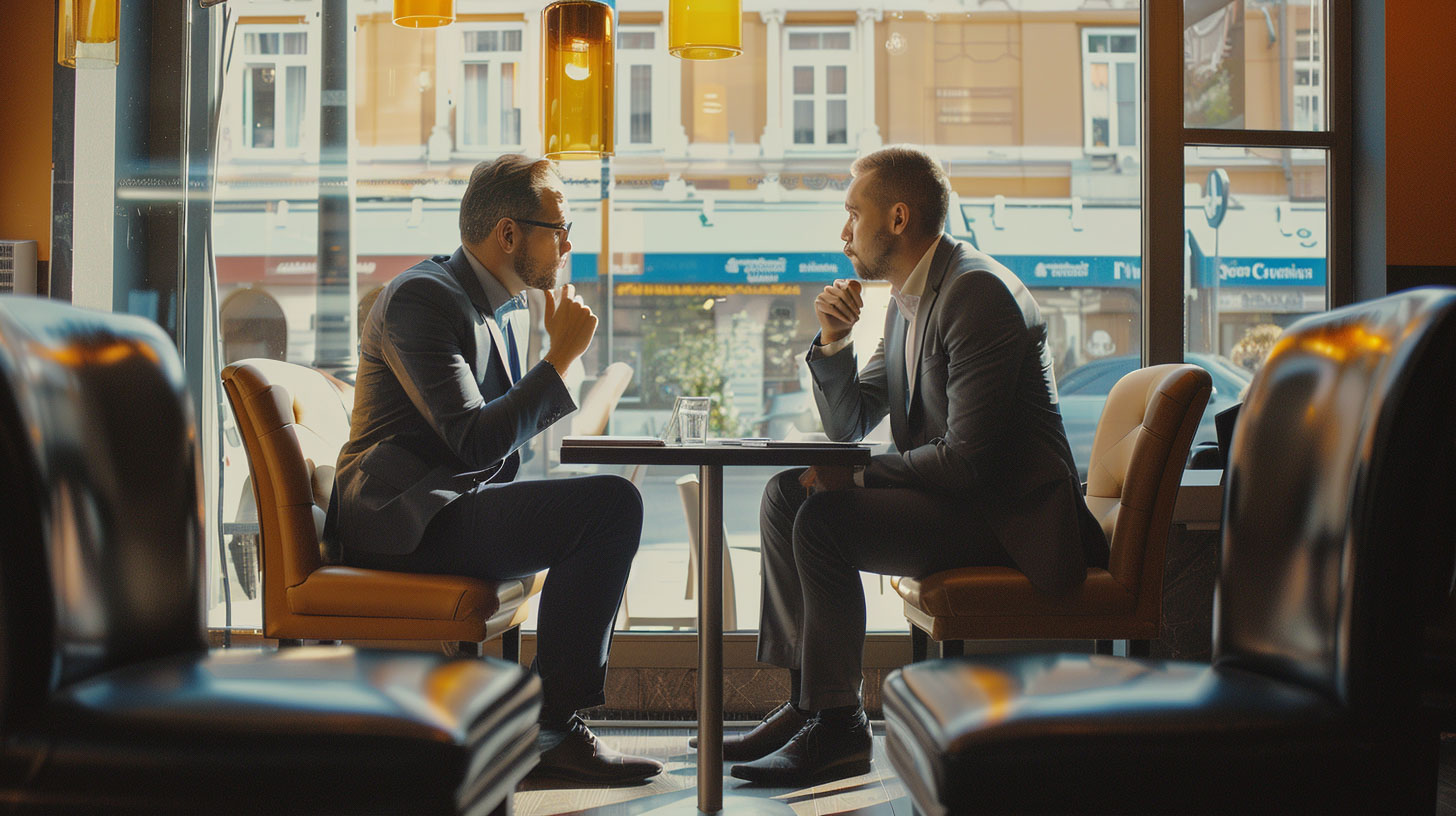Venezuelan Criminal Law, guided by the nation’s Constitution and various statutory enactments, serves as the cornerstone of maintaining law and order within the country. Understanding its complexities requires delving into its historical evolution, key legislative frameworks, and the contemporary challenges faced in implementation.
**Historical Background**
The origins of Venezuelan criminal law can be traced back to the colonial era, heavily influenced by Spanish legal traditions. Post-independence, the country adopted a blend of these traditions with elements from other legal systems, notably the Napoleonic Code, contributing to a unique legal identity. Over the decades, evolving societal needs and political landscapes have prompted several amendments and reforms, with significant overhauls in the late 20th and early 21st centuries.
**Constitutional Framework**
The Venezuelan Constitution, most recently reformed in 1999 under the presidency of Hugo Chávez, sets the foundation for criminal law in the country. The Constitution mandates the protection of human rights, equality before the law, and guarantees fair trial principles. It underscores the importance of legality, prohibiting retroactive criminal laws and ensuring that all procedures strictly comply with constitutional mandates.
**Legislative Instruments**
Several key legislative instruments define criminal law in Venezuela:
1. **The Penal Code**: The principal document codifying criminal offenses and corresponding penalties. Reform efforts in the 2000s introduced modifications to better align with international human rights standards.
2. **The Organic Code of Criminal Procedure (COPP)**: Governing the procedural aspects, COPP emphasizes due process, the roles of judicial officers, and the rights of the accused. Since its inception, COPP has undergone revisions to adapt to contemporary judicial needs.
3. **Complementary Laws**: Various other statutes address specific crimes such as anti-narcotics legislation, laws against organized crime, anti-terrorism statutes, and regulations concerning economic offenses.
**Criminal Justice System**
Venezuela’s criminal justice system operates through several agencies:
– **Judiciary**: Responsible for the adjudication of criminal cases with an organizational structure comprising lower courts, appellate courts, and the Supreme Tribunal of Justice. The judiciary has faced criticism regarding independence and efficiency.
– **Public Ministry (Fiscalía)**: Tasked with prosecuting criminal cases, the Fiscalía plays a crucial role in investigation and bringing charges against offenders.
– **Law Enforcement Agencies**: Including the Bolivarian National Police and various special units focusing on specific types of crime (e.g., anti-drug squads, organized crime divisions).
**Contemporary Challenges**
Despite a robust legal framework, Venezuela faces significant challenges in criminal law enforcement:
– **Crime Rates**: High rates of violent crime, including homicide and kidnapping, plague the country. Caracas, the capital, has one of the highest murder rates globally.
– **Judicial Independence**: Concerns persist about political influence over the judiciary, impacting fair trial rights and the impartiality of judicial proceedings.
– **Prison Conditions**: Overcrowding, inadequate facilities, and human rights abuses are prevalent within the prison system.
– **Corruption**: Widespread corruption within law enforcement and judicial circles hampers effective law enforcement and undermines public trust.
**Economic Context**
Venezuela’s economy, heavily reliant on oil exports, has faced turmoil due to fluctuating oil prices and economic mismanagement. Hyperinflation, shortages of basic goods, and currency devaluation have impacted all sectors, including the criminal justice system. Budget constraints affect the operational capabilities of police and judiciary bodies, further complicating efforts to maintain law and order.
**Business Environment**
While Venezuela has substantial natural resource wealth, economic instability and stringent regulatory frameworks often deter foreign investment. Multinational companies face legal uncertainties, risks of expropriation, and navigating complex bureaucratic requirements. Conversely, sectors like petroleum, mining, and agriculture remain critical, albeit under stringent government oversight.
**Conclusion**
Venezuelan criminal law is a complex tapestry interwoven with historical influences, robust constitutional principles, and modern statutory developments. However, effective implementation faces significant hurdles amidst economic and political challenges. Strengthening the independence of the judiciary, addressing systemic corruption, and improving law enforcement infrastructure are pivotal for ensuring that the legal framework effectively serves its purpose in upholding justice and protecting citizens.
Suggested Related Links:
